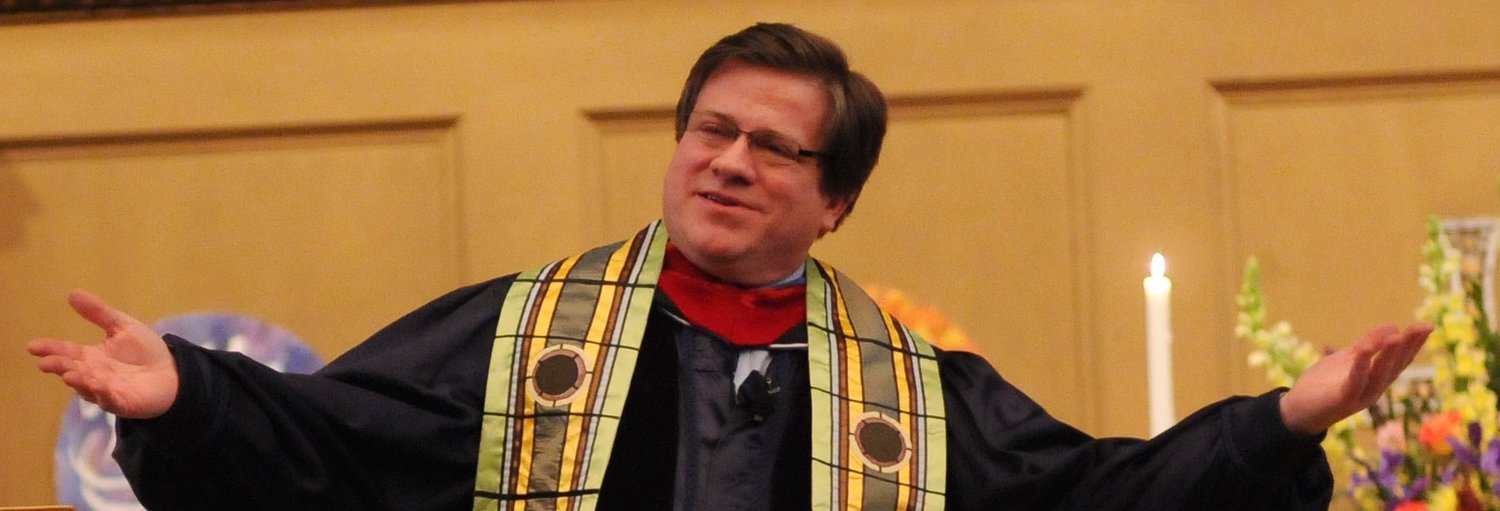Preparation (Day Zero)
(Sunday-Tuesday, March 3-5, 2019)
Faith must not be blind but responsible. We ought not to be mentally coerced, but rationally convinced, so that we can make a justifiable decision of faith. Faith must not be void of reality, but related to reality. We are not to have to believe simply, without verification. Our statements should be proved and tested by contact with reality, with in the present-day horizon of experience of individuals and society, and the speaker covered by the concrete experience of reality.
Hans Kung
in “On Being a Christian”
reprinted by courtesy
of Doubleday & Company, Inc.
Introduction
The primary purpose of churches and fellowships is to help people become intelligently and devotedly religious, to be so convinced of the truth and rightness of a particular way of life is to be compelled to place oneself under its command, to live with it and for it, to dedicate to it all that one has, all that one is—and all that one may become.
Such a total dedication of oneself is obviously dangerous. One may give oneself to a way that is evil, indifferent, small, inadequate, idolatrous, irrational. Hitler gave himself totally to a college which was initially partial and which became increasingly demonic, especially because of his total dedication, which she believed had the blessing of divine providence. The power of religious dedication is great, the danger equally so.
This is why reason and intelligence are important for religious devotion. Faith is too dangerous and too important to be excepted on anyone’s say-so, whatever the source of authority. All of us must be convinced that our faith is sound, true, reasonable, just, and that it’s brightness is ascertainable buy some external, objective criteria, evidence drawn from our own and shared human experience. Faith may venture beyond the limits of reason and hard, scientifically-validated evidence; it should never be a rational or anti-science.
Henry Nelson Weiman, forty years ago, introduced me to the concepts of process theology—God in and as the universal process. At a moment when my intelligence and scientific world-view had led me to reject both the idea of God and most traditional theological concepts, Wieman’s naturalistic philosophy and theological explications restored them to me as the foundation for a vital, living faith, capable of undergirding a lifetime of urban ministry. In the hope that his insights may help others as they did me, I have prepared this Lenten Manual based on his approach.
“God,” says Wieman, “is the integrating process at work in the universe.”
It is the upbuilding process, pulling and pushing parts into more and more perfectly harmonized wholes, serving more and more effectively the Whole. It is seen in the process of evolution which has produced more and more complex, more and more highly integrated organizations of atoms and molecules, more and more perfectly harmonized for survival within the Totality of the Universe. It is the dominant characteristic of the Universe. It is its character, or nature.
“It is that which makes for increasing interdependence and cooperation in the world. . . . The principle of integration at the human level is love.“
Love is that quality of relationship in which the best interest of all partners to the relationship is served, consonant with the well-being of all, of the total process.
“Integration fulfills itself in human life as we become members one of another. . . . With conscious mutual understanding. . . . At the level of human society we mean the process by which (1) we are made increasingly interdependent and (2) our behavior is so changed as to make us more cooperative and mutually helpful one to another. This process goes on whether we will or no, but we must ‘get right with it’ if we would escape catastrophe. . . . God is that which progressively and in greater measure increases the value of existence. The progressive integrating process of the universe is what does this. Hence it is God.“
This was a God my reason and scientific world view could understand and embrace, a God in harmony with the principles of evolution, a God which corresponded with my experience of our every-day-evolving universal, common life. It made clearer theologian Paul Tillich’sassertion: “God is not abeing but Being Itself,”psychologist Gordon Allport’s definition of God as “the Universal Being-Becoming” and Charles Hartshorne’s “The Unsurpassable-except-by-Itself.”
This God’s laws were part and parcel of His/Her very character: dependable, categorical, not governed by personal whim, in the very nature of the universal process. Their imperative was in the direction of more and more inclusive harmonies if relationship, the more and more perfect functioning of each oart in the whole. They, and She/He were worthy of our supreme devotion, and would reward it with the harmony which is true at-one-ment with the divine Being.
In the hope that Wieman may be able to help others as he did me first years ago in striving to become intelligently and devotedly religious, I offer these selected readings to be used one each day during the forty-eight days of Lent , from Ash Wednesday to Easter Monday.
The readings are followed by brief comments, a prayer and a hymn which some may wish to sing. References are to “Hymns of the Spirit,” abbreviation HOS, and “Hymns for the Celebration of Life,” abbreviation HCL.
The Weiman readings are taken from:
Henry Nelson Wieman and Regina Westcott Wieman, Normative Psychology of Religion,Thomas Y. Crowell, New York, 1935.
Henry Nelson Weiman, Methods of Religious Living,Macmillan, 1929.
Henry Nelson Wieman, The Growth of Religion,Willett, Clark and Company, 1938.
Donald Szantho Harrington wrote the Lenten meditation manual Outstretched Wings of the Spirit: On Being Intelligently and Devotedly Religiousbased on the theology of Henry Nelson Wieman and Regina Westcott Wieman. It was published by the Unitarian Universalist Association in 1980.
